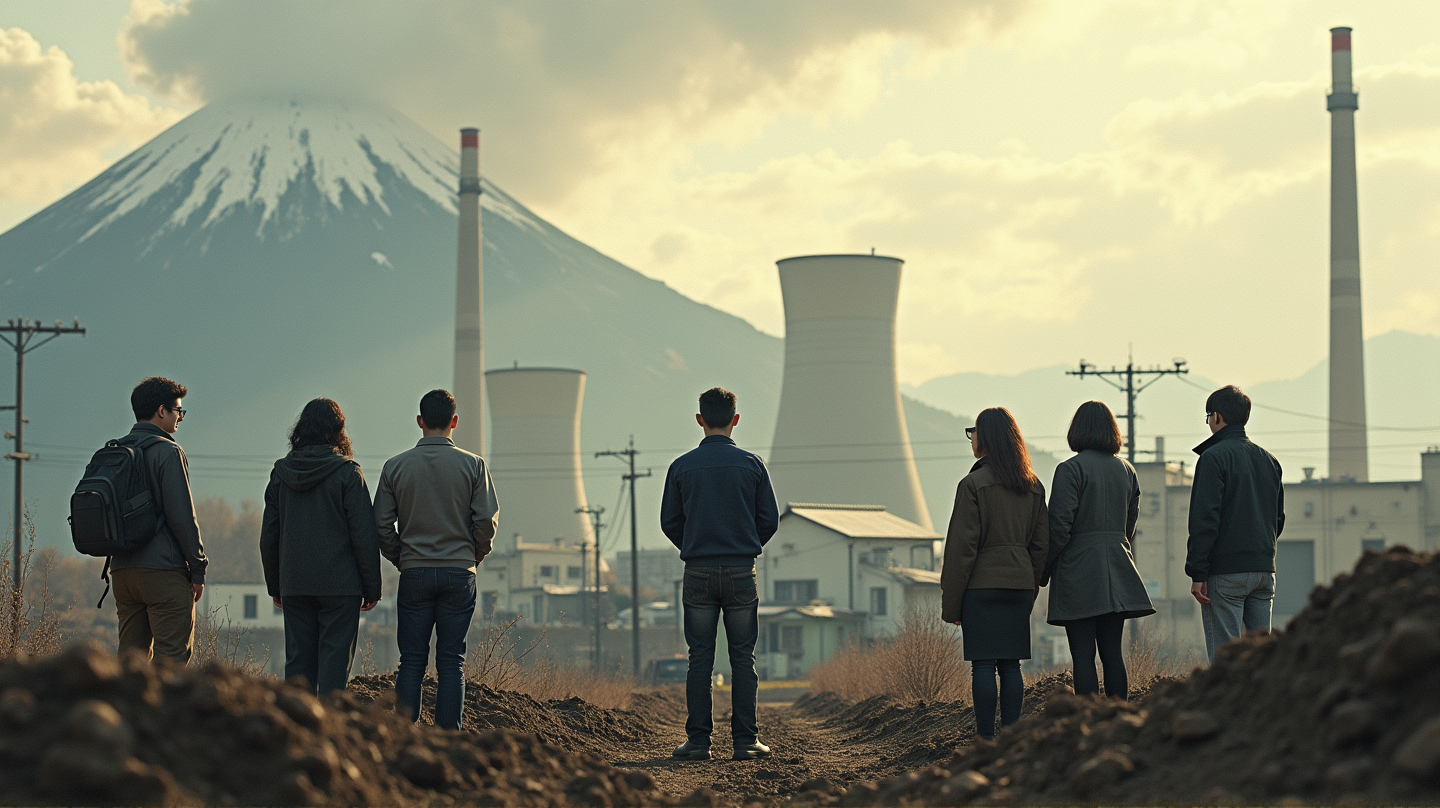In 2011, Japan faced one of its most significant environmental challenges with the Fukushima Daiichi Nuclear Power Plant accident. In the aftermath of this disaster, over millions of cubic meters of soil were contaminated with radioactive materials. Fast forward to today, and the initiative to recycle this decontaminated soil for public works projects is facing significant public resistance. Recent research provides an in-depth look into public sentiments and reveals key concerns among the Japanese populace.
Resistance Against Soil Relocation
According to a nationwide survey, approximately 60% of Japanese residents oppose relocating decontaminated soil into their communities. The reluctance largely stems from a critical information gap about the inherent risks and benefits associated with this recycling initiative. Natural Science News
Informed Queries: What the Public Fears
Key areas of public interest include the potential health implications of using the recycled soil. Specifically, concerns about how it might affect food and water safety and broader environmental impacts are prominent. Moreover, many are curious about the levels of radioactivity, ongoing monitoring procedures, and long-term health effects, potentially affecting future generations.
Exploring the Need for Information
The study implemented a statistical analysis known as binary logistic regression to delve into what drives the public’s need for more information. The findings identified three predictors: an intrinsic interest in the Fukushima recovery process, prior exposure to radiation-related information, and concerns over intergenerational impact from the 2011 accident.
Closing the Information Gap
The research underscores the necessity of addressing these information deficits to foster informed decision-making about decontaminated soil recycling. By clarifying health and environmental risks, and disseminating procedural details transparently, authorities can help alleviate public fears and gain broader acceptance for these essential recycling projects.
With a clearer understanding of public concerns, strategies can now be devised to communicate effectively, ensuring that the benefits and minimal risks of soil recycling are comprehensively understood. This journey is as much about environmental recovery as it is about rebuilding trust and informing communities. According to Natural Science News, targeted information dissemination could bridge the gap between apprehension and acceptance.
Key Takeaways
Current strategies must encompass a focus on detailed, transparent communication to address public concerns effectively. The future of soil recycling is not merely a technical issue but a matter of public understanding and consensus.
This remarkable study articulates not only the fundamental challenges but also the pathways to a sustainable and trusted approach to soil decontamination and recycling.
